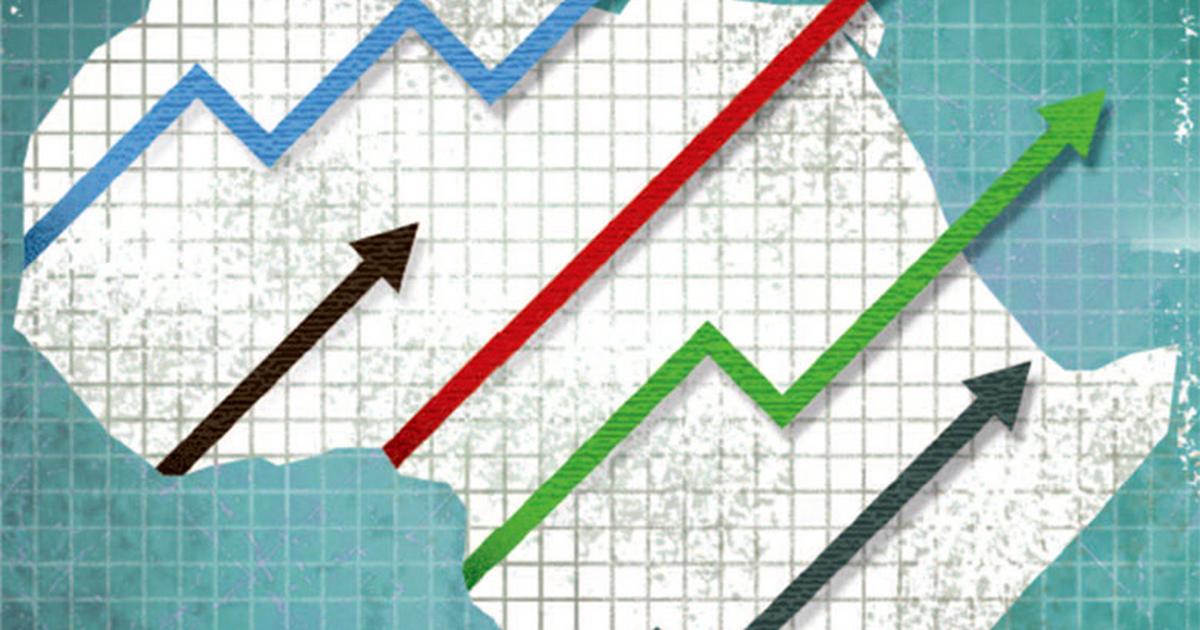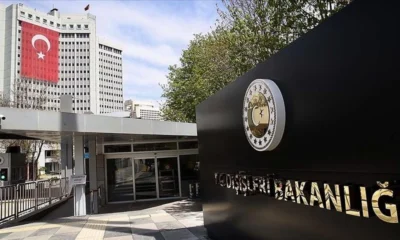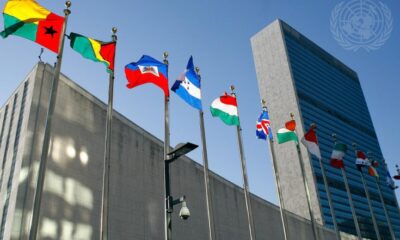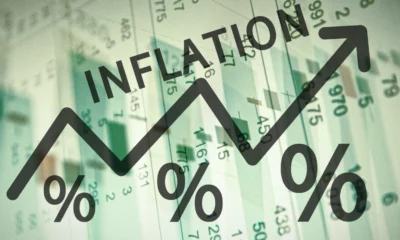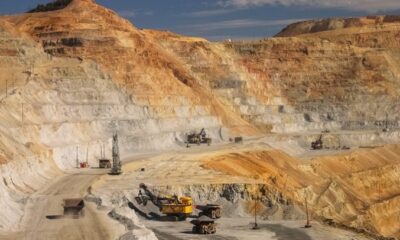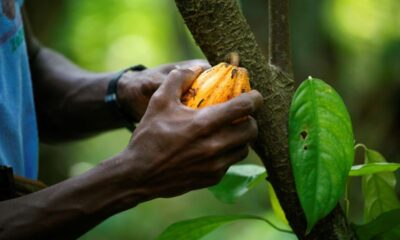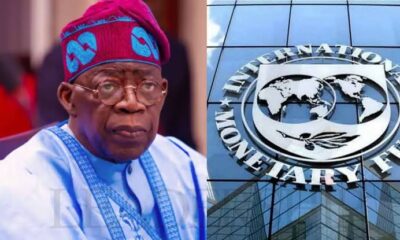African Development Bank (AfDB) President, Akinwumi Adesina, stated on Wednesday that the continent’s economy was expected to develop at a faster rate than 3.1% in 2023, reaching 3.7% this year and 4.3% the following year. The bank hopes to increase infrastructure investment with support from the IMF.
“African economies are experiencing great resilience despite the challenges posed by climate change, geopolitical tensions, global inflation, and rising debt, among others,” Adesina told the annual meeting of the bank.
According to him, the bank has contributed more than $50 billion to infrastructure projects across the continent in the last nine years. Two weeks prior, Adesina stated that the International Monetary Fund had authorized financing to multilateral banks, including the African Development Bank (AfDB), secured by the Fund’s Special Drawing Rights (SDRs) monetary reserves.
International reserve assets with interest-bearing potential, known as SDRs, are distributed to IMF member nations based on their percentage of shares.
“If the approved limit of $20 billion of the SDRs is channelled to multilateral development banks like us, we [the AfDB] can leverage this to deliver at least $80 billion of new financial support,” Adesina said.
He continued, “The bank is contributing to the $3.2 billion in funding for the East Africa standard gauge railway that connects Tanzania, the Democratic Republic of the Congo, and Burundi.” Additionally, it is contributing $500 million to the construction of the Lobito Corridor, which will link the Democratic Republic of the Congo, Angola, and Zambia.
As of June 2023, 21 African countries were classified as either highly vulnerable to external debt distress or already experiencing it. The region is still facing significant risks associated with debt distress. Debt restructuring initiatives have been launched by a number of nations, including Ghana, Zambia, and Chad, in an effort to reestablish budgetary space and ensure sustainability.

